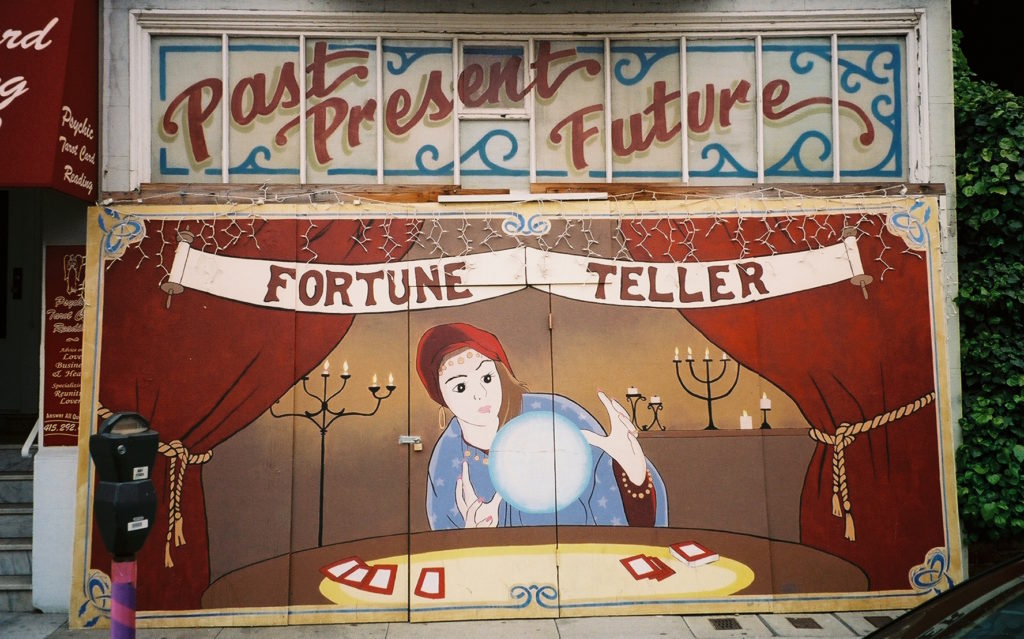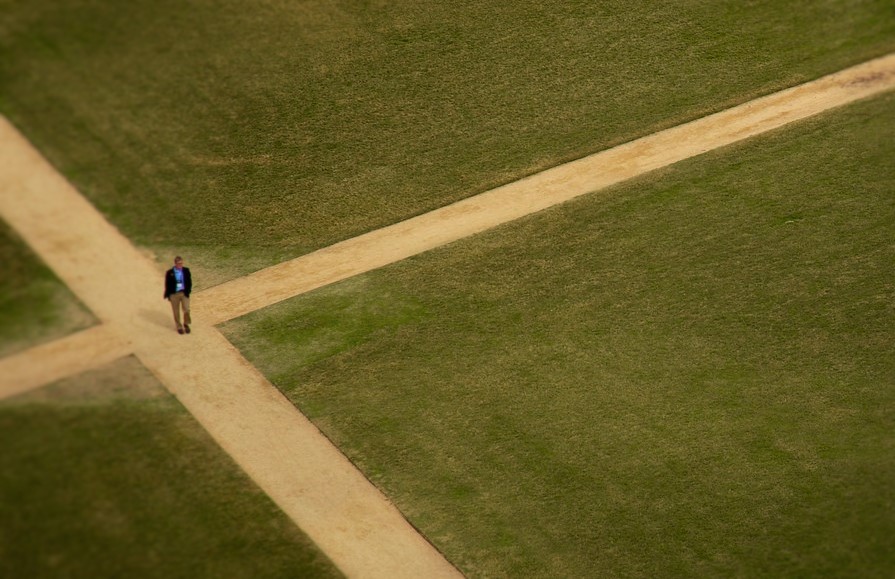Good Morning! Waking Up with Anxiety.
Lately, I’ve been waking up to anxiety. You know the feeling?
Not the kind that punches you in the gut—eyes flung open to see your lover didn’t come home last night.
Nor the throbbing sort that lingers with loss or failure—you were fired last week, your dog died on Sunday.

No, the anxiety atop my pillow is a slow-burner, one that builds with a dullness and looks away when I’m looking. Awkward and unbelonging, but sheepishly grinning anyhow.
This corner-dwelling angst does not ruin my day or rattle my brains . . . not much, anyway. Mostly, it just hangs out. Not fully engaging, but lacking the common decency to just get out, then.
There was a time, of course, when I didn’t feel this way. When I’d never known it. It was during such a period of innocence that my friend Jonny told me he’d been waking to anxiety—this feeling that something was mildly wrong, but not exactly knowing what.
I was aghast. How could I help my dear friend fix things if we didn’t know the problem’s root?! But I listened anyway—it was all I could do.
Now, here I am. Understanding, empathizing, 100 percent. And here Jonny is, reporting that much of that morning anxiety has vanished.
What happened—why the switch?
I have a theory . . .
Do You Want to Be a Fortune-Teller?
Back when Jonny told me about this, I was relatively successful. Acting was lucrative and easy. I figured I’d just la-di-da my way along that route indefinitely.
Ha. ha.
It wasn’t true. I got bored—I wanted full creative rights over my life. I jumped, I pivoted. To writing, to creation.
That leap of faith took me to a place of greater fulfillment, but also to a place of greater anxiety.
Simply put: I went from not worrying about the future to worrying.
This future is more nebulous than my cozy Hollywood bungalow, my handfuls of chocolate espresso beans from crafty, and the acting jobs for which memorizing lines day-of was my M.O.
This future requires a present based on faith. Faith that the money will abide, faith that I’ve chosen well, faith that my completely arbitrary daily schedule is wisely decided.
But if I’m being honest (and I am), those faith needs wouldn’t bother me so much if I was already rolling in dough.
Let’s circle back to Jonny for a moment: what changed in his life that he’s experiencing less anxiety?
His career turned. His financial worries are gone. The near-decade spent slogging through Hollywood headshot handovers finally paid off. Not in the way he’d dreamed, but in a way that’s lucrative and acceptable (enough).
His angst, it would seem, had been based around money. My anxiety seems similar.
More specifically, it’s around wanting to know whether the things I’m working on now will yield money in the future.
And that’s reasonable—we all want to know when we’re wasting time. But if we’re doing what we love and we still find ways to feel anxiety about it, how do we really break that down?
Attempts at fortune telling.
And how do we break that down?
We are not, and never will be, fortune tellers. And as much as that kind of sucks, them’s the rules.

For Jonny, it took money to ease his anxiety. But money is no loyal friend.
It’s like feeling safe because you’re in the Mafia. That’s some shaky ground, buddy.
Discomfort: Call-to-Action or Distraction?
I want to talk about guilt for a second, because guilt and anxiety are the best of butt buddies.
Wayne Dyer wrote that by holding onto guilt, we feel we’re “doing something” about it by punishing ourselves with its related feelings. Since we’re powerless to change the past, dealing with feelings tied to it gives us a distorted sense of action.
“Guilt is not merely a concern with the past; it is a present-moment immobilization about a past event. . . . Learning from your mistakes is healthy and a necessary part of growth. Guilt is unhealthy because you are ineffectively using up your energy in the present feeling hurt, upset and depressed about a historical happening. And it’s futile as well as unhealthy. No amount of guilt can ever undo anything.” ― Wayne Dyer, Your Erroneous Zones
By feeling guilt, we distract ourselves with the work of self-punishment from the actual work it takes to move on.
Why? Because moving on is hard, man! It takes self-acceptance! Conviction that things might really be okay (as-is)! Admission that we can’t control the past . . . or future!
Ughhhh!
Using guilt to punish ourselves instead of to learn, grow, and move right along is opting for a false sense of control over those painful past events. Similarly, by using anxiety to fret about the future, we opt for not actually doing anything about the future.
Present moment immobilization.
As we hold the pain of guilt or anxiety within our hands, we feel like we’re at least doing something.
But we’re not. It’s an illusion, a distraction.
Nothing’s happening now because the thing occupying your mind deals with shit that’s already happened or shit that simply doesn’t exist!
Shit. that. doesn’t. exist.
Anxiety ≠ Power
Holding onto anxiety gives the illusion of control. Anxiety ties you to the future with make-believe strings. Hello, sham puppet master!
You feel like the anxiety helps get things done. It gives a sense of connectedness with that oblique mess that is your future.
In other words: it makes you feel like you’re not powerless, because look, you’re doing something that creates real-life feelings!
But think about it:
If you can accept that you’re powerless—that you can’t control the future, but can only control your own actions in this very moment—then you can begin to look for the freedom within the mindset of powerlessness.
Not powerless like you can’t go make yourself a piece of toast, but zoomed-out powerlessness: you can’t stop time, you can’t stop a bus, you can’t control what others think.
Present mindset and present action are what get things done.
Not circumstances, but action within circumstances.
Viktor Frankl spoke of the ability to find meaning and hope even in a Holocaust concentration camp:
“Fundamentally, therefore, any man can, even under such circumstances, decide what shall become of him—mentally and spiritually. He may retain his human dignity even in a concentration camp.” ― Viktor E. Frankl, Man’s Search for Meaning
This was Auschwitz, yo. Utterly powerless prisoners with nearly zero hope of survival. And if they survived? Almost certainly their homes and loved ones would be gone.
And still some managed to put anxiety at bay.
Cutting the Strings
I’m going to suggest—to you and to me—taking scissors and cutting the strings that you think are tied to the future. Those strings are just a web around your brain, a deadlock holding you down.
The future is doing its thing. It doesn’t care what we think, it doesn’t care how much we struggle. It’s only influenced by what we get done . . . not the ways we torture ourselves while doing it.
If you’re fancy-free and happy while toiling away, then there’s little room for feelings of angst, tears, and sacrifice.
But can you really consider it “work” if it’s approached with joy and allowance?
If you’re like me, believing that work can be approached this way is bizarrely painful. For whatever reason, we grew up thinking work should be hard, that we “deserved” struggle or owed it to society.
Rewriting the script is difficult. Know what else is difficult? Accepting that something you believed in all your life is wrong.
But you got this.
You can work with anxiety, or you can work without it. Anxiety isn’t a pen or a laptop, it’s just a thing created in the mind. When it comes to prompting yourself to work, anxiety literally doesn’t do anything that joy, excitement, or enthusiasm can’t do.

The Good Way Anxiety Breeds Creation
If you created the anxiety, you must create the new thing.
And hey, you did create the anxiety, but don’t be so hard on yourself. It probably happened when you were a little kid absorbing your parents work ethic or listening to the way teachers told you the future “had” to unfold.
That’s all gravy because you’re reading this. Because you’re taking time to learn and unlearn.
But it’s not like you can just say “Deuces, anxiety, thanks for the memories!”
Once you decide to take steps to get rid of anxiety, you actually have to take steps. It’s not a handshake-and-done deal.
As with with all mental patterns (especially addictions), you must consciously fill the now-empty space with something better—without diligence it could get replaced by something worse.
Like anything you’re trying to remember, stopping anxiety takes reminders, redirects, and mindfulness.
Get the bad stuff out through connection with things outside yourself: read books, journal, talk to people.
Don’t undervalue the basic steps, either. Stick post-its around the house, use phone or email reminders, mantras, wear a text bracelet, whatever.
For example, post-its and mantras could say:
-
“Come on panic, do your worst. Show me what you got.”
-
“Take three deep breaths”
-
“I’ve gotten through worse.”
-
“You have enough, you do enough, you are enough.”
-
“It’s only a moment.”
-
“In ten years, one year, one month, one week, one day, maybe even one hour, this probably won’t matter.”
-
“It’s only a feeling.”
-
“Everything will be okay.”
-
“This too shall pass.”
Repeat mantras, make reminders to repeat mantras. Read this article on morning anxiety treatment.
The habit will cement, the muscle will grow.
Reprogramming ain’t easy, but neither is anxiety. You’re worth the work, so work it.
I’ll be right here with you.
Your thoughts? I’d love to hear ’em below … Oh, and get an email when I post something new.
photocred:photopin.com
I can relate to the spiel about guilt. It really doesn’t do anything but hold you back, to blame yourself for something out of your control. If you let it gnaw away long enough, it eventually becomes a part of you. It’s like a parasite that grows, and grows. I woke up today full of anxiety, much like any other day, but one unexpected phone call cut through it all. Sometimes all it takes is for that one single person (literally 1 person in ~450 attempts) to give you a chance you didn’t know you deserved to annihilate that feeling of dread you’ve become accustomed to. A feeling that’s so much a part of you, maybe you’ll actually miss it.
You’re so right! It’s funny how a phone call can cut through all that. It’s like, was the bad stuff even real if it just takes something like a phone call to make it disappear? It really makes me think about what we tell ourselves is real vs. the fact that there probably isn’t a “real” reality at all. In fact, I think I’m going to write a post about this!
Thanks for the comment!
Wowsers, your writing is really improving. I mean, I’ve always enjoyed reading your work, but this is on another level. You’re like a poet who writes prose.
Talk about *not* waking up to anxiety! This was wonderful wonderful praise to fall asleep to and even better this morning. I’m so grateful you’ve been reading and on this journey with me 😀